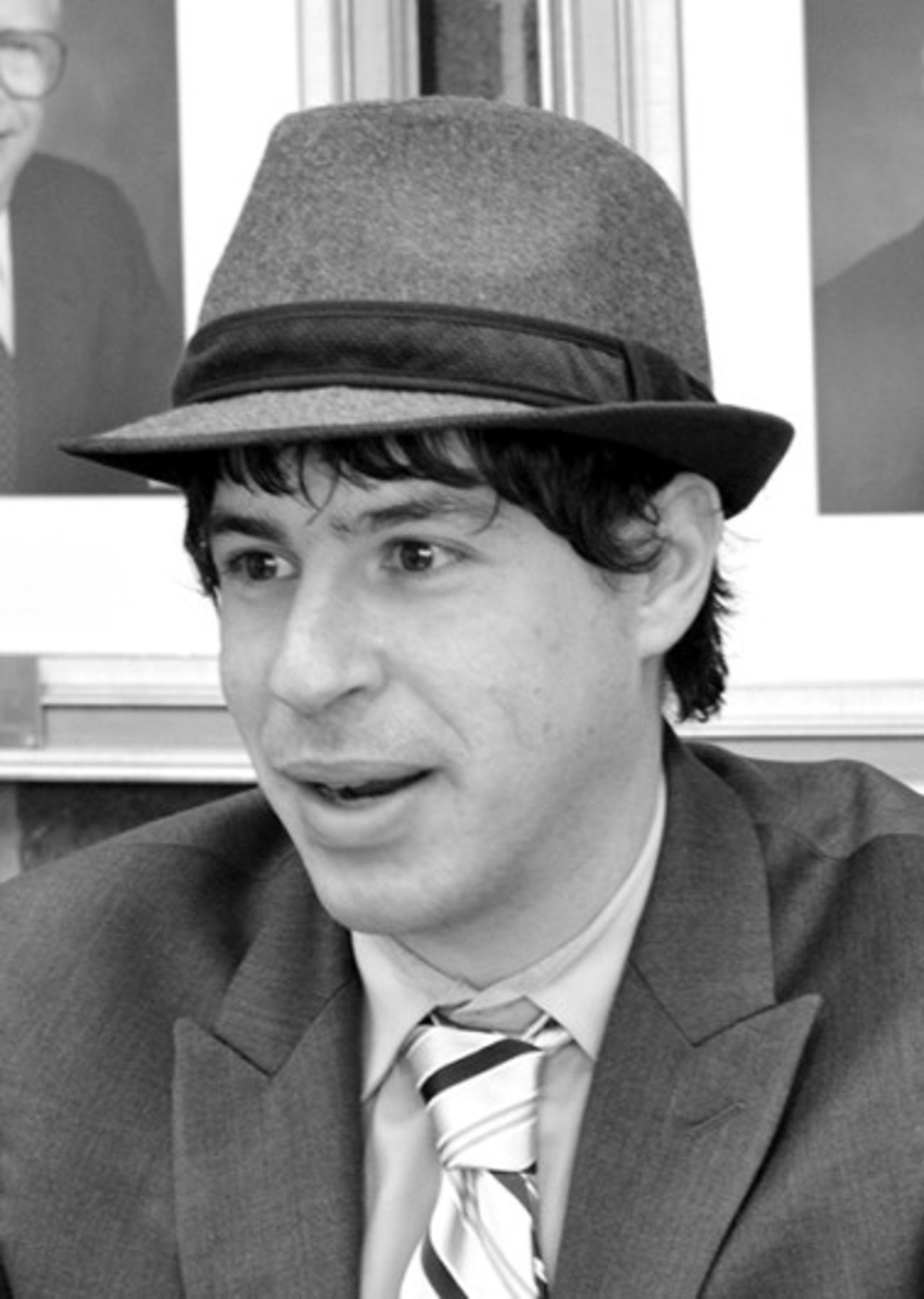Let’s rethink how we do B’nai Mitzvah
Let me be frank; the way in which our community views the concept of B’nai Mitzvah is entirely broken. But first, let’s turn to the moment when Abraham, our forefather, chose a path of responsibility and autonomy.
It might be tempting to think of Abraham as an obedient messenger, following the dictates of a commanding deity. That view, however, is distorted by the language of the text. “The Lord said to Abram, ‘Go forth (lech lecha) from your native land and from your birthplace and from your ancestral home to the land that I will show you’ ” (Genesis 12:1).
Many of the commentators question the addition of the Hebrew word, “lecha – for yourself,” in this verse. The peshat (plain meaning) is that it is added for emphasis. Rashi, among others, is unsatisfied, and prefers a symbolic understanding. He explains the meaning as, “for your own benefit, for your own good.” True, God is doing the commanding; the journey, however, is for Abraham, not God.
Another striking feature of this text emerges. Abraham departs his homeland for a different destination and a different destiny. Normally, when a person decides to travel, the destination is likely the most important feature. Here, however, the destination remains unknown, “to the land that I will show you.” Put yourself in Abraham’s shoes. He’s leaving, but has no idea where he’s going; he’s simply on a journey, guided at each moment by the sublime presence of the divine spirit.
Frequently enough, folks come to me and ask if they can pray in the synagogue where I serve as rabbi. I usually reply, “why not?” “Because I wasn’t Bar Mitzvah’d” comes the inevitable reply.
So let me say it clearly and once and for all. The Bar Mitzvah is not a ceremony nor the Bat Mitzvah a graduation. It’s not something that occurs or doesn’t; it’s a legal status that always instates. The Hebrew words have real meaning, and have nothing to do with a ceremony; they denote being a son or daughter of the commandments, respectively, meaning that one is now in the class of people who are individually responsible, who are commanded. It occurs with knowledge, maturity and in the context of people and community; it has nothing to do with paper certificates, Kiddush cups, DJs or invitations.
And that’s just the beginning of the mistaken conceptual framework that leads us awry. Usually, the ceremony is thought of as a requirement, often burdensome, requiring the satisfaction of externally imposed demands. Yes, they are imposed, as codified rules, by synagogues. But the climate is also imposed by parents, seeking children who will affirm, to some substantial degree, a Jewish identity that comports with the way they grew up. To be clear, I’m not critiquing individual synagogues or parents doing God’s holy work. I am calling out a system that demands conformity to an often unsatisfactory past as a means of satisfying (unsuccessfully, in most cases) anxiety about the future.
A Bar or Bat Mitzvah ought to be celebrated, for sure, but for the thing it ought to be. It’s not a graduation from Hebrew school, the temporary end of Jewish engagement, or a ceremony celebrating nostalgia. It’s the beginning of a journey, new walking shoes, critical awareness, faith in one’s ability to shape destiny, license and even requirement to take ownership of one’s own Jewish destiny.
My suggestion is practical. To redeem the idea of B’nai Mitzvah, let us explicitly change the ways in which we frame the celebration. We’re celebrating the beginning of an individual path, inherently different from any previously traveled, destination still unknown. Let our charge be lech lecha, you must do it yourself, for yourself; there is no other choice. As the poet Thomas A. Clark muses in his poem, “In Praise of Walking:”
“Convictions, directions, opinions, are of less importance than sensible shoes. / In the course of a walk, we usually find out something about our companion, and this is true even when we travel alone.”
BARRY DOLINGER is rabbi of Congregation Beth Sholom in Providence. He is vice president of the Board of Rabbis of Greater Rhode Island.








